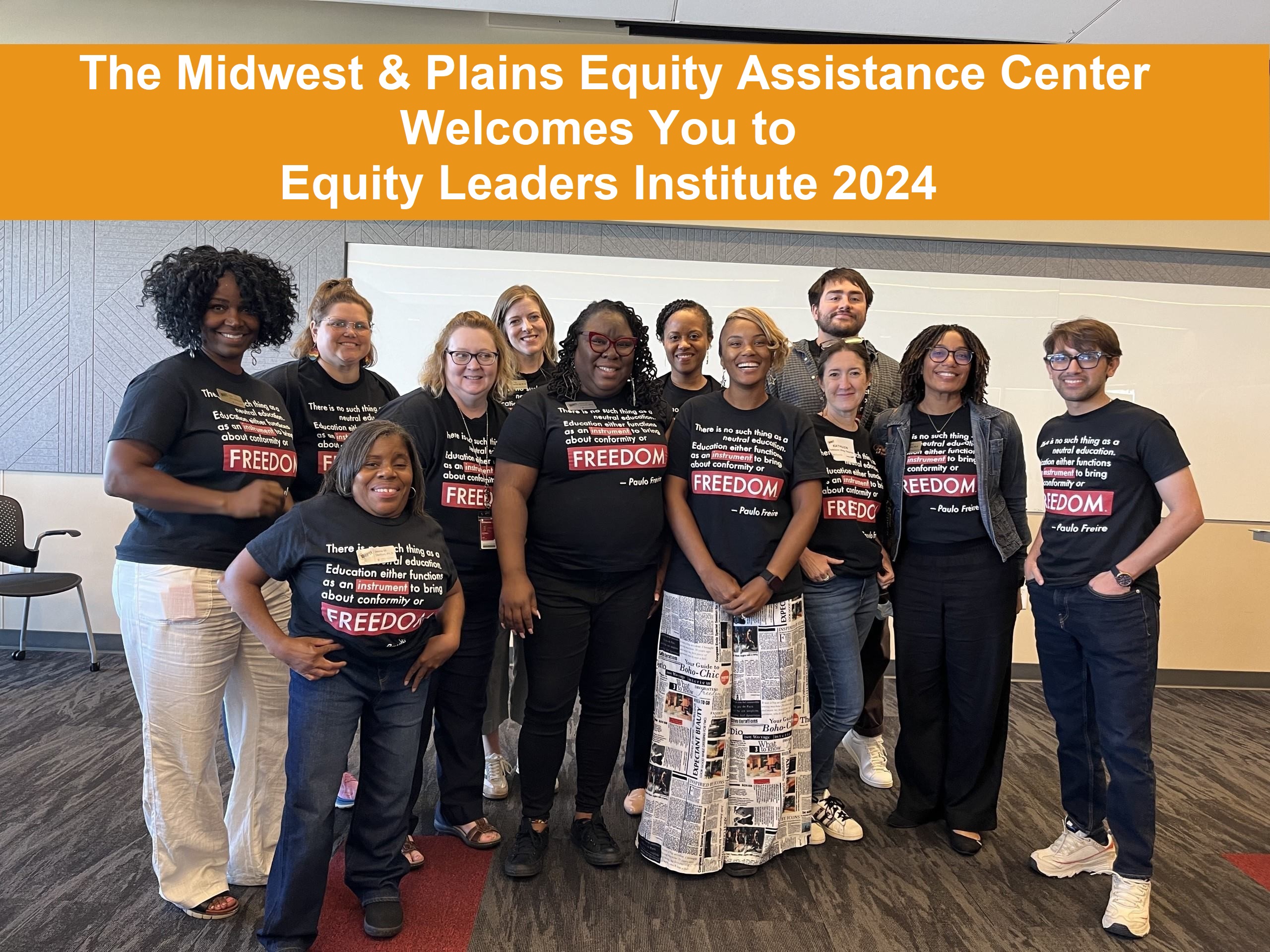

.jpg)
Work
Modular Spaces

The River House is a thoughtfully designed residential space that embraces both the surrounding landscape and sustainable materials, with a unique modular approach to spatial arrangement. This project combines modern tropical design with the concept of modular architecture, creating adaptable living spaces that coexist seamlessly with nature.

Conception
Division of Space
The River House emphasizes continuity with the landscape, utilizing reclaimed timber and locally sourced sandstone to ground the design in Bali's vernacular style. Modular housing, similarly, can adapt this approach by using sustainable and locally-sourced materials, ensuring each module aligns with the surroundings and offers an eco-friendly footprint. Modular architecture could further allow the expansion or reconfiguration of spaces according to residents' changing needs, with each module integrating seamlessly into the overall environment.
The design strategy in the River House divides private and communal areas, using cubistic volumes and connecting walkways to create a sense of flow. In modular housing, this approach would translate into distinct yet flexible spaces for living, working, and relaxation. For instance, private bedroom modules could “hover” above communal areas, maintaining privacy while fostering interaction in shared spaces. Modular units could also be rearranged or extended over time, making the structure versatile for various uses and future expansions.

3D spatial exploration
3D modeling has been pivotal in enhancing my capabilities as a designer and architect. It enables precise visualization of spatial concepts, facilitates detailed exploration of form and structure, and supports iterative problem-solving. Through 3D modeling, I bridge the gap between conceptual ideas and practical execution, ensuring designs are both innovative and feasible.




.png)
.png)








